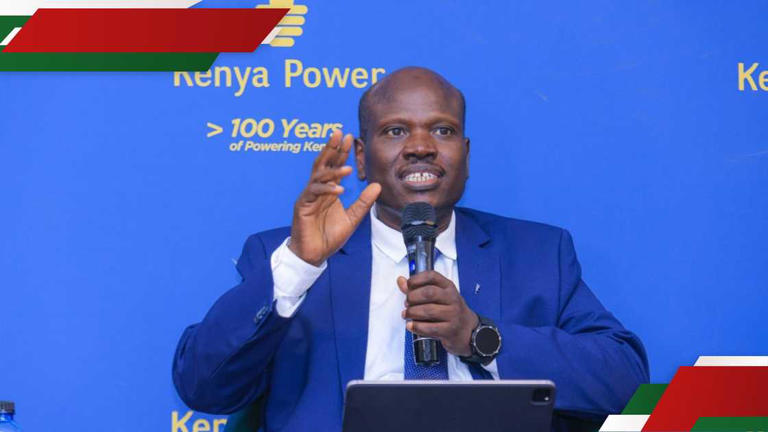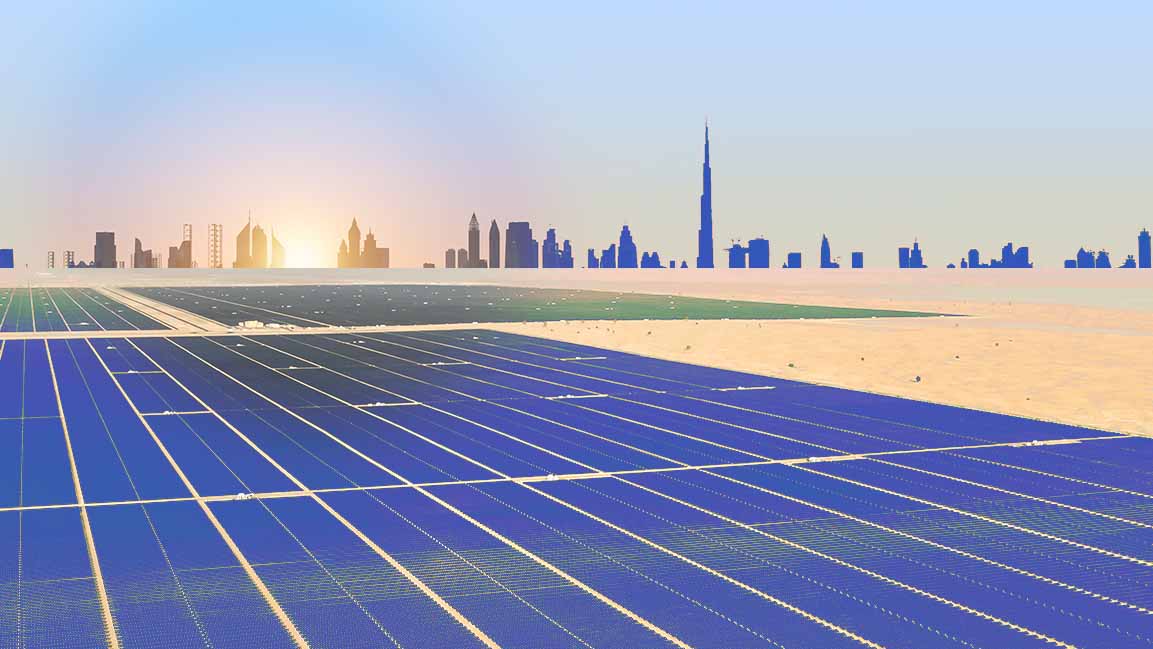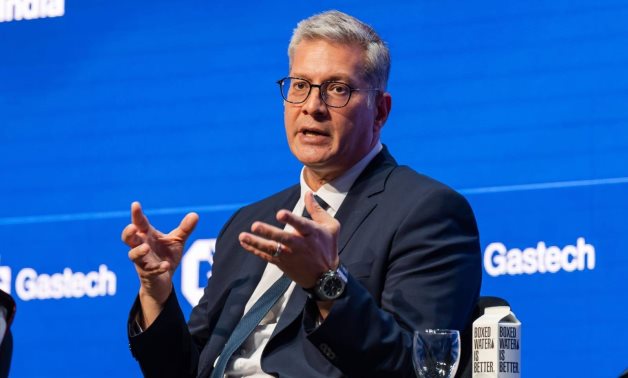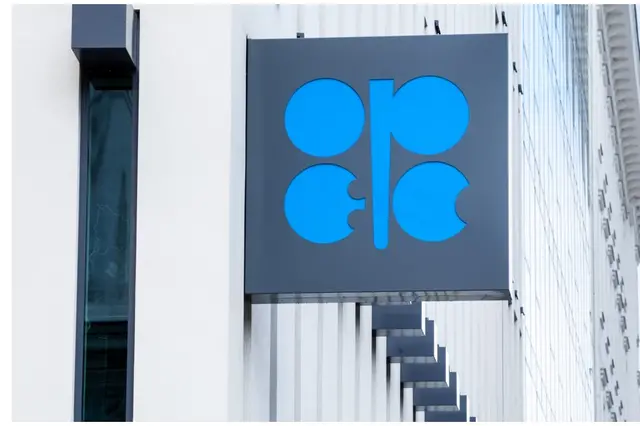Energy

Kenya Power warns consumers of costly electricity after expiry of power purchase agreements

Kenya Power and Lighting Company (KPLC) has warned consumers to brace for high electricity costs and power rationing.
Why the cost of electricity could rise in Kenya
In its 2024 annual report, KPLC revealed that power demand was projected to grow to 2,815MW over the next four years.
However, it noted that the government had prevented it from onboarding new generation plants and renegotiating power purchase agreements (PPAs).
As such, the electricity distributor said it will be forced to rely on emissive thermal energy sources.
"Following the government moratorium on new PPAs which stopped onboarding of new generation plants as well as the renegotiation of any expired PPAs, there is a potential supply risk that may negatively impact generation adequacy to meet the country’s growing energy demand. This is likely to increase reliance on emissive thermal energy sources. As such, Kenya Power is continually engaging the government on the lifting of the moratorium," KPLC stated.
KPLC disclosed that its network performance was hampered by aged infrastructure and system constraints.
"This often culminates in frequent outages and widespread blackouts. In addition, increased pilferage and vandalism of the network infrastructure aggravates the deteriorating system reliability indices and adversely impacts supply quality," it added.
Why World Bank warned of high power costs
Earlier, TUKO.co.ke reported that the government sought to end KPLC's electricity distribution market monopoly.
However, the World Bank issued recommendations against President William Ruto's administration's move, saying it would lead to a surge in electricity prices.
The Bretton Woods institution said subjecting KPLC to the competition will cripple the Nairobi Securities Exchange (NSE)-listed firm, which has long-term power purchase agreements with independent power producers (PPs).












